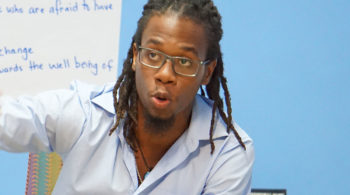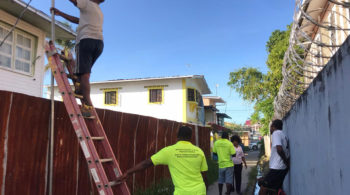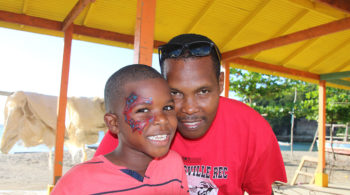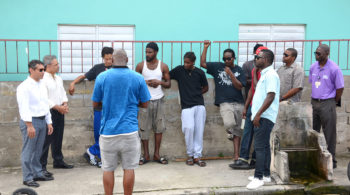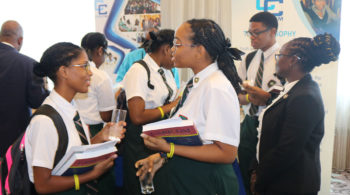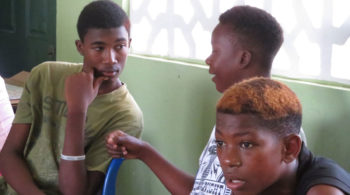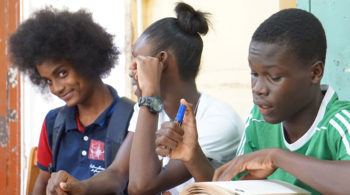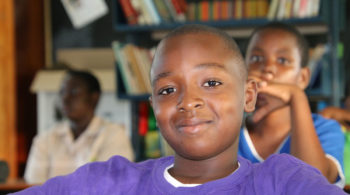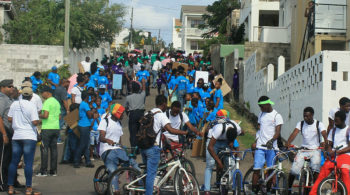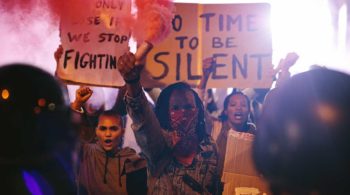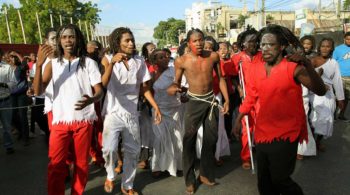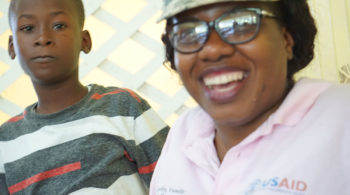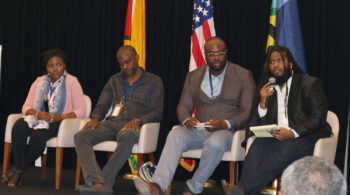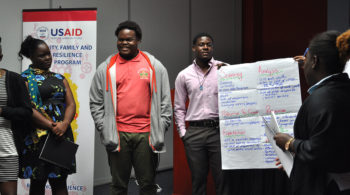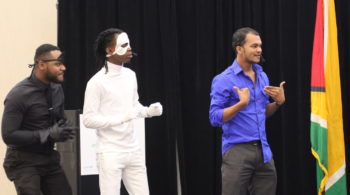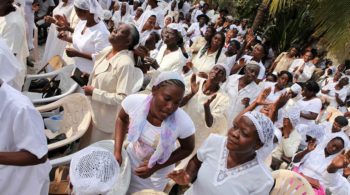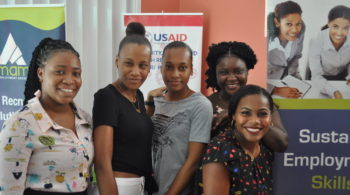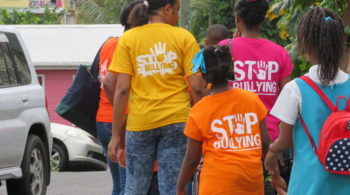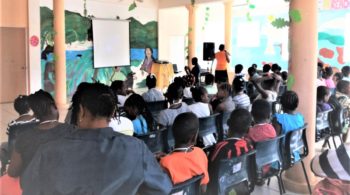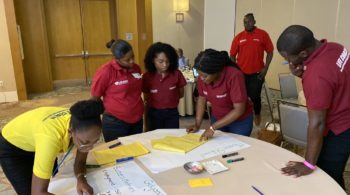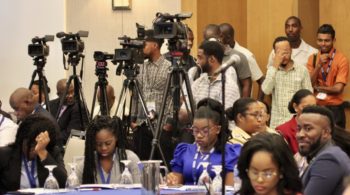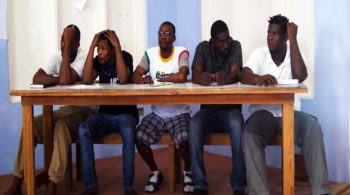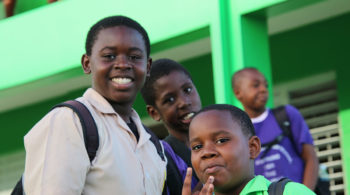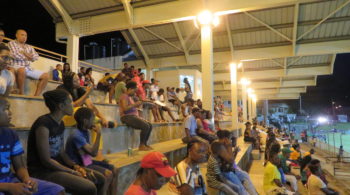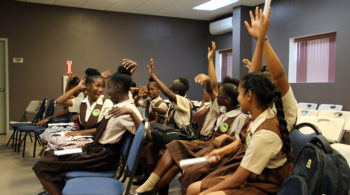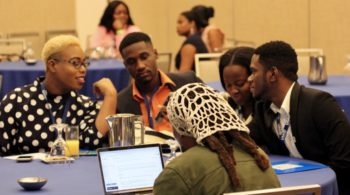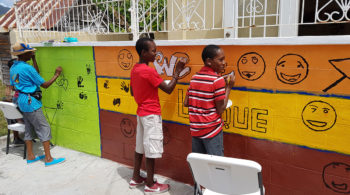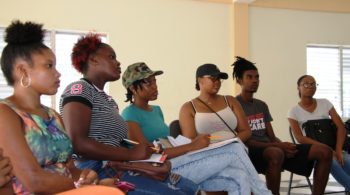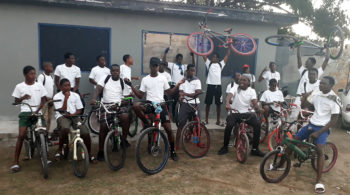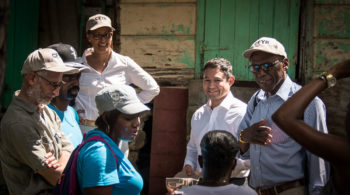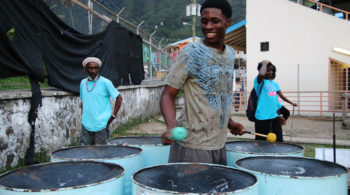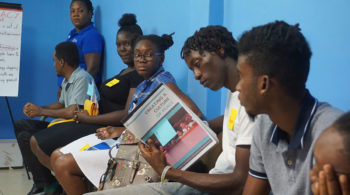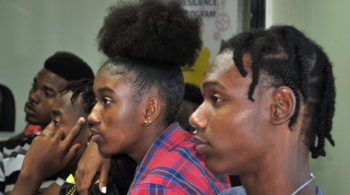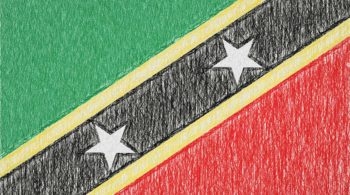Introduction
The USAID-funded Community, Family and Youth Resilience (CFYR) Program supports vulnerable youth ages 10-29 and is being implemented in fifteen communities in Guyana, Saint Lucia, and St. Kitts and Nevis. Using a public-health, evidence-based approach, CFYR provides targeted interventions to youth at varying degrees of risk. The goal of USAID’s CFYR is to empower youth ages 10-29 to become productive citizens and make positive contributions to society. CFYR has developed this Advocacy Toolkit to further support activists and youth-led and youth-serving organizations in employing evidence-based approaches for violence prevention interventions in line with the AAA.
Contents
This toolkit is designed to help those who care about preventing youth crime and violence develop the skills they need to design effective advocacy activities. It’s packed with hands-on activities, resources, and suggestions for designing high-impact advocacy campaigns focused on the crime and violence affecting Caribbean communities, families, and young people.
Methodology
There is really no “right way” to use this Toolkit. It would be nice if our advocacy efforts followed a linear progression, but it doesn’t always work that way. So, you can start at the beginning and work your way through the entire Toolkit, or we have provided some useful categories to help you find what you need when you need it.
- All
- Building Strong Partnerships
- Building Your Team
- Communicating for Change
- Country Profiles
- Defining A Culture of Peace
- Democracy & Social Justice
- Developing Messages
- Diversity, Equity, & Inclusion
- Elements of A Strong Campaign
- Evidence, Data & Research
- Funding Your Advocacy
- Identifying Targets
- Mobilizing Youth
- Positive Youth Development
- Restorative Justice
- Selecting Communications Channels
- Stakeholder Mapping
- Toxic Masculinity
- What Is Advocacy


